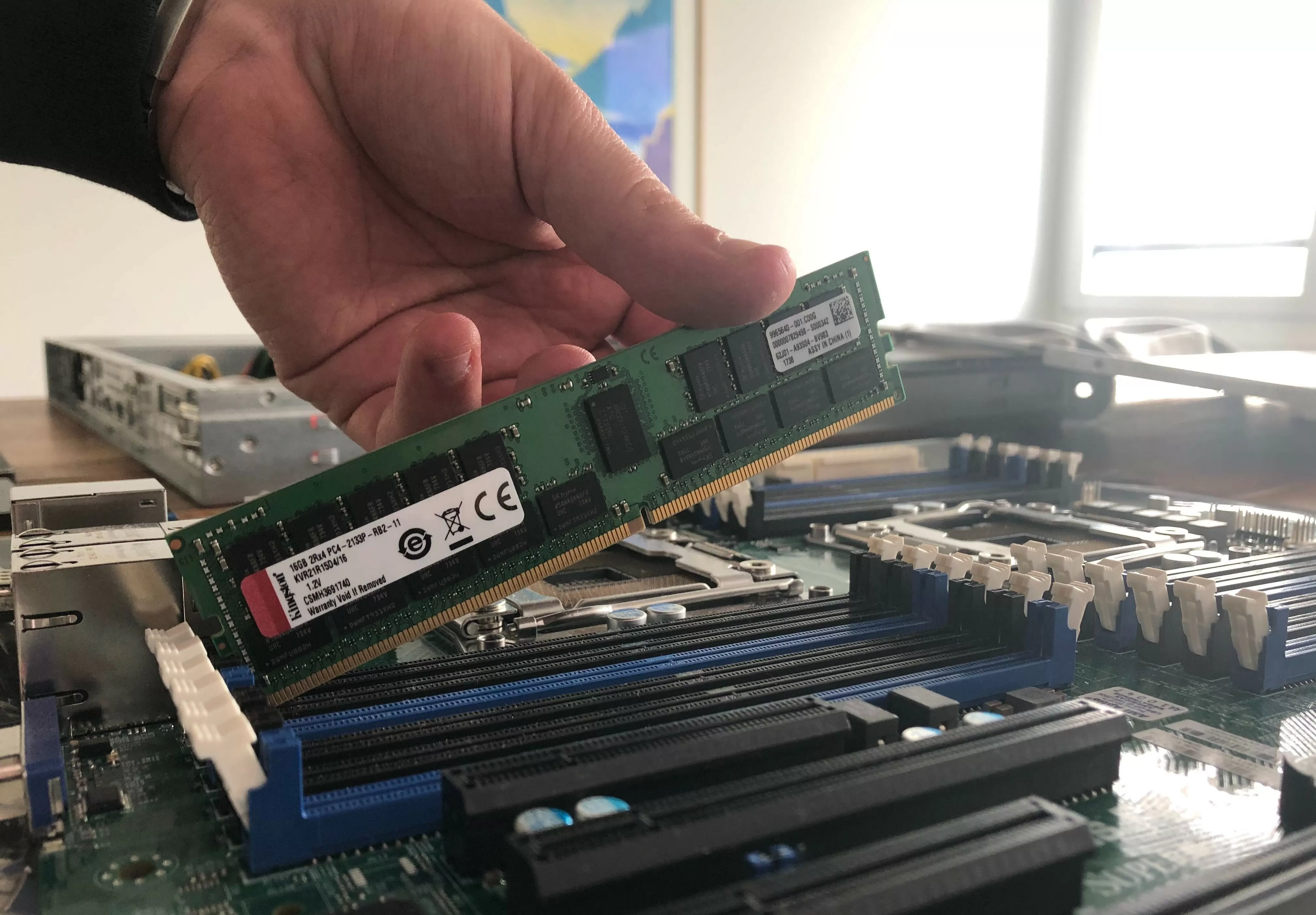The term dedicated server actually defines quite clearly what you get. But beware, a dedicated server can do much more than you think.
Basically, the word "Dedicated Server" refers to a server that is available with its entire performance exclusively to a single customer or a specific task or service. In contrast to a virtual server, it is a physical system including a static IP address, which concentrates its entire performance on one customer or task.
The advantages at a glance
- Depending on performance, the main memory can be individually adapted to the requirements.
- The server performance can be easily adjusted in case of rapid development (for example of a project) without having to share resources with others.
- The customer has the possibility to install the required software for his server individually
Most frequent areas of application
- Online shops (e-commerce area, highest possible performance & security)
- Websites with high data volume
If you offer a lot of files for download on your website, you should also choose a dedicated server from Xelon, as the server performance can be adapted to the data volume and the risk of server failures during download peaks is minimized. - Community websites (such as forums)
If there is an enormous amount of traffic to be processed due to a current topic, the dedicated server is able to compensate for this.
As a customer of Xelon, I also benefit from the possibility of placing the management of the server in our care. Whether Linux or Windows, with a managed dedicated server I define operating times, resources, and services and can lean back. We take care of hardening, patch, and update management, backup, and security (firewall, vulnerability scanning, 24/7 monitoring, etc.). Thanks to the web-based Plesk interface, managing websites, mail accounts, databases, etc. becomes a snap.
